Philosophy and Cultural Traditions of East Asia
The present book rests on three observations, i.e. Confucianism, which is moralistic; Taoism, which is naturalistic/materialistic; and the Buddhism which is metaphysical in nature. The esoteric School in Philosophy tends to regard the human being as basically good. This basic goodness cannot be brought by rules and methods. The Taoists are esoteric according to whom any activity which distorts basic and natural goodness will lead to imperfection. The exoteric schools tend to see mankind as basically evil, ‘fallen’ from the state of perfect harmony. These schools believe in scriptures or the doctrines of venerated teachers to restore harmony in the society. Confucius preached humanism, family value and love which will lead to social stability. Social stability is vital for political stability. Confucius teachings are relevant even today for social and political stability. Dr Ramanujam has given equal weightage to Neo-Confucianism, impact of Chinese philosophy on Japan, Korea and the modern period and recent trends in Chinese philosophy too. Sun-Yat-Sen, who is called the father of China, attempted a synthesis of Western Philosophical concepts with Chinese tradition and laid the foundation for modern China. Mao-Tse-Tung’s communist revolution brought about social and political changes in China. In a nutshell, the book is exhaustive and will find it worth-reading, worth-remembering and worth-reciting and quoting.
Get it now and save 10%
BECOME A MEMBER

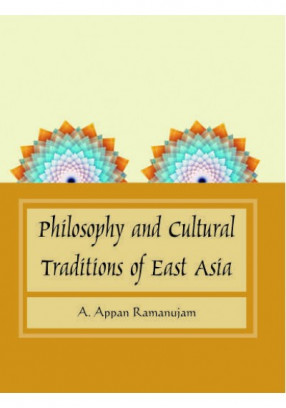
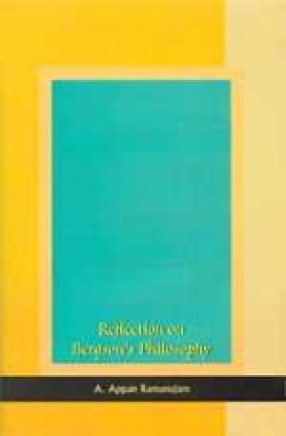
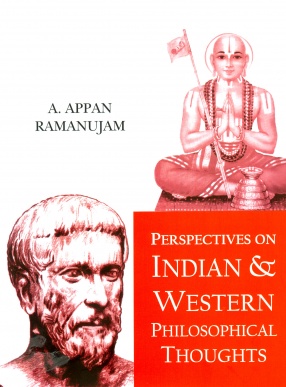
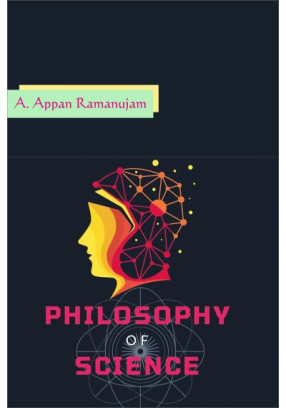
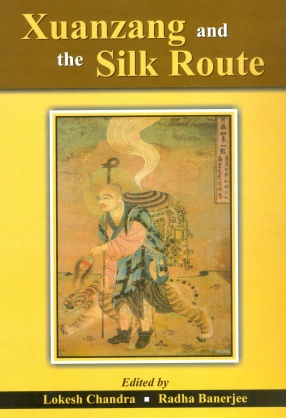
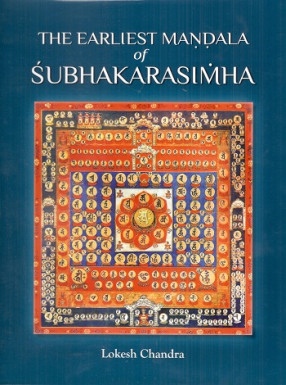
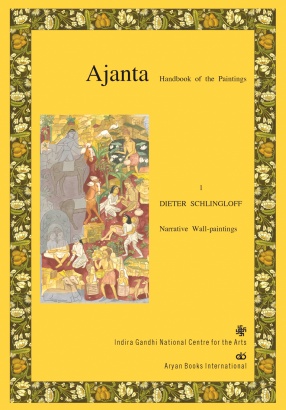
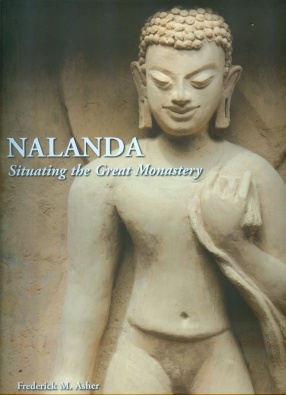

Bibliographic information